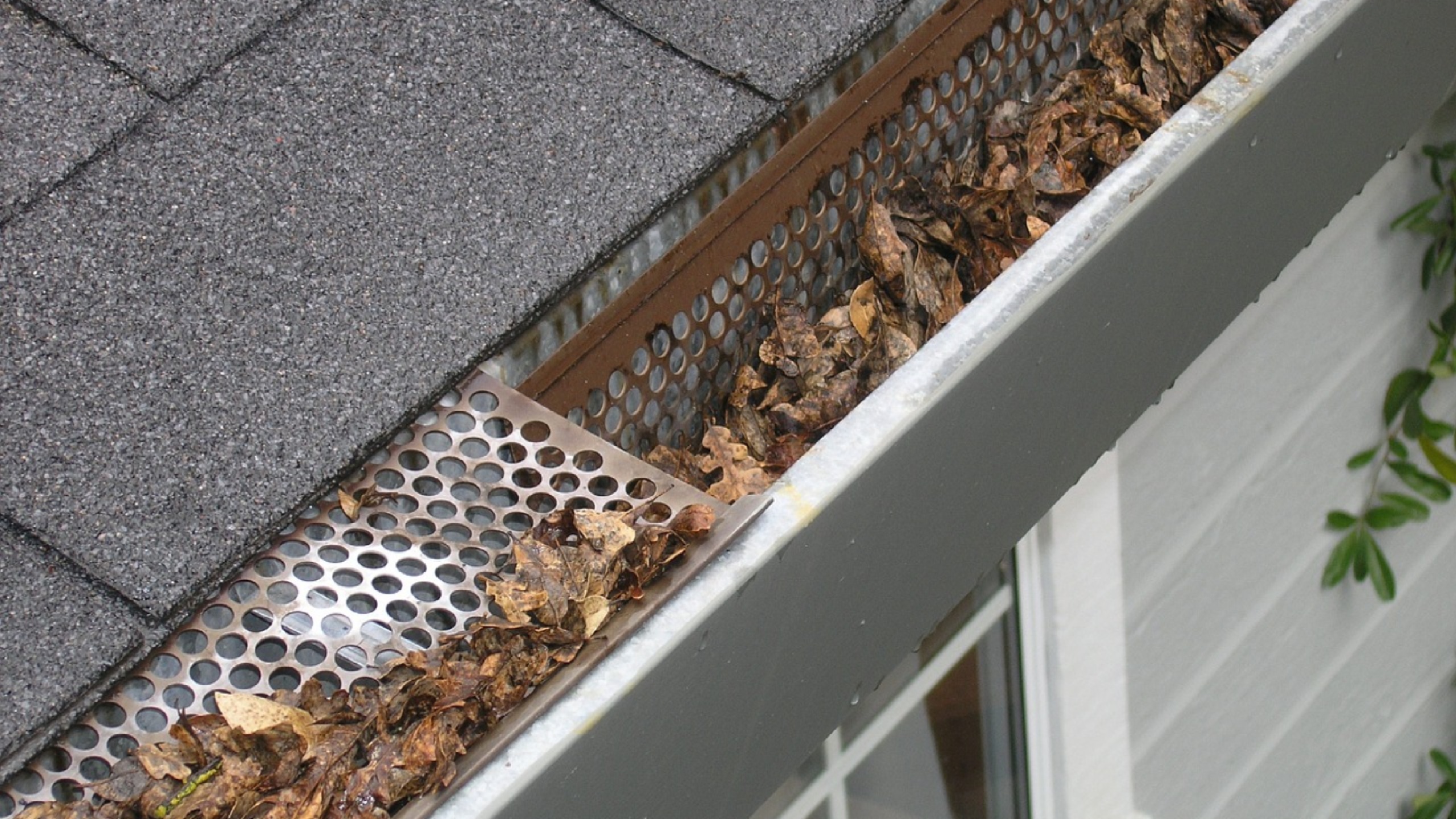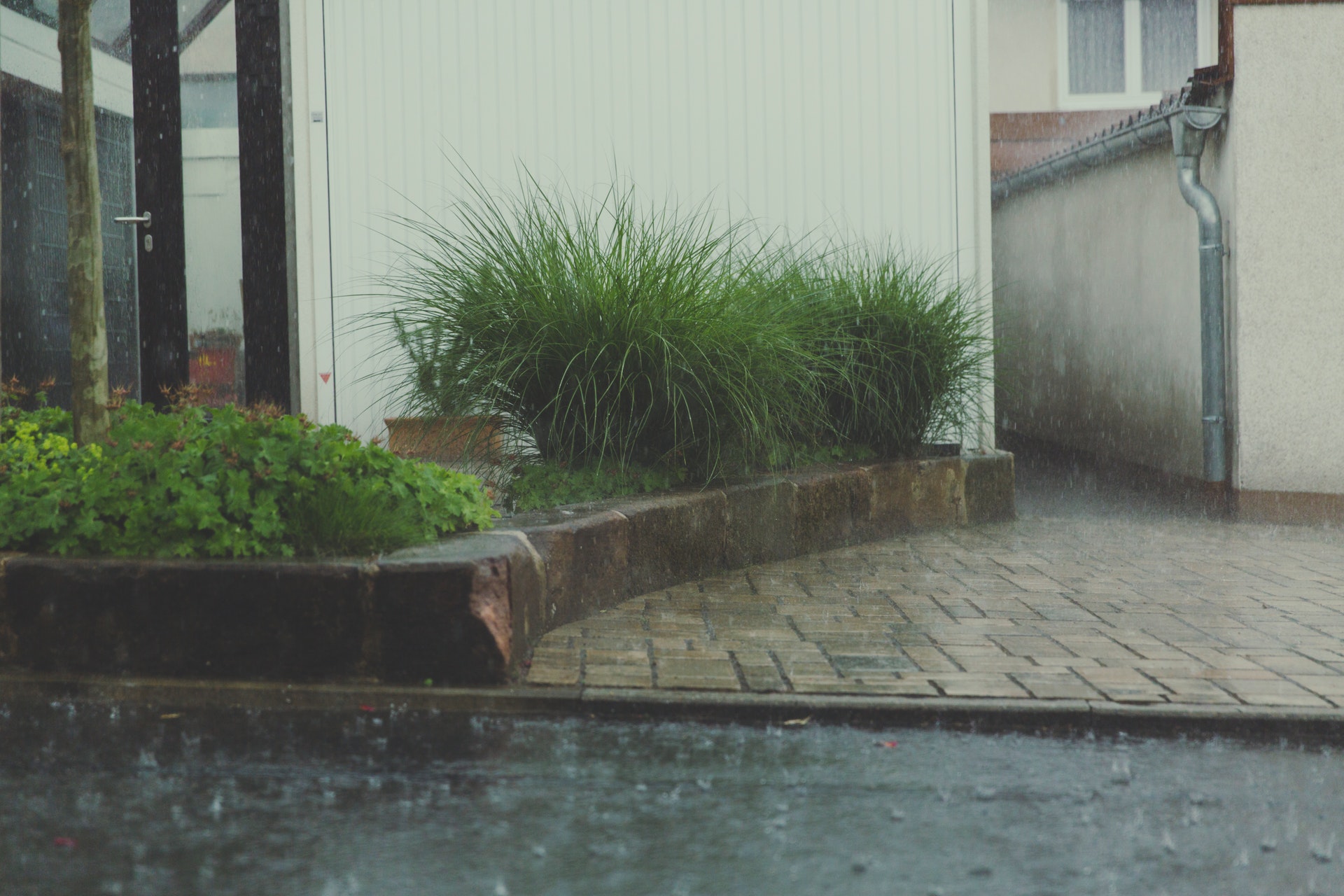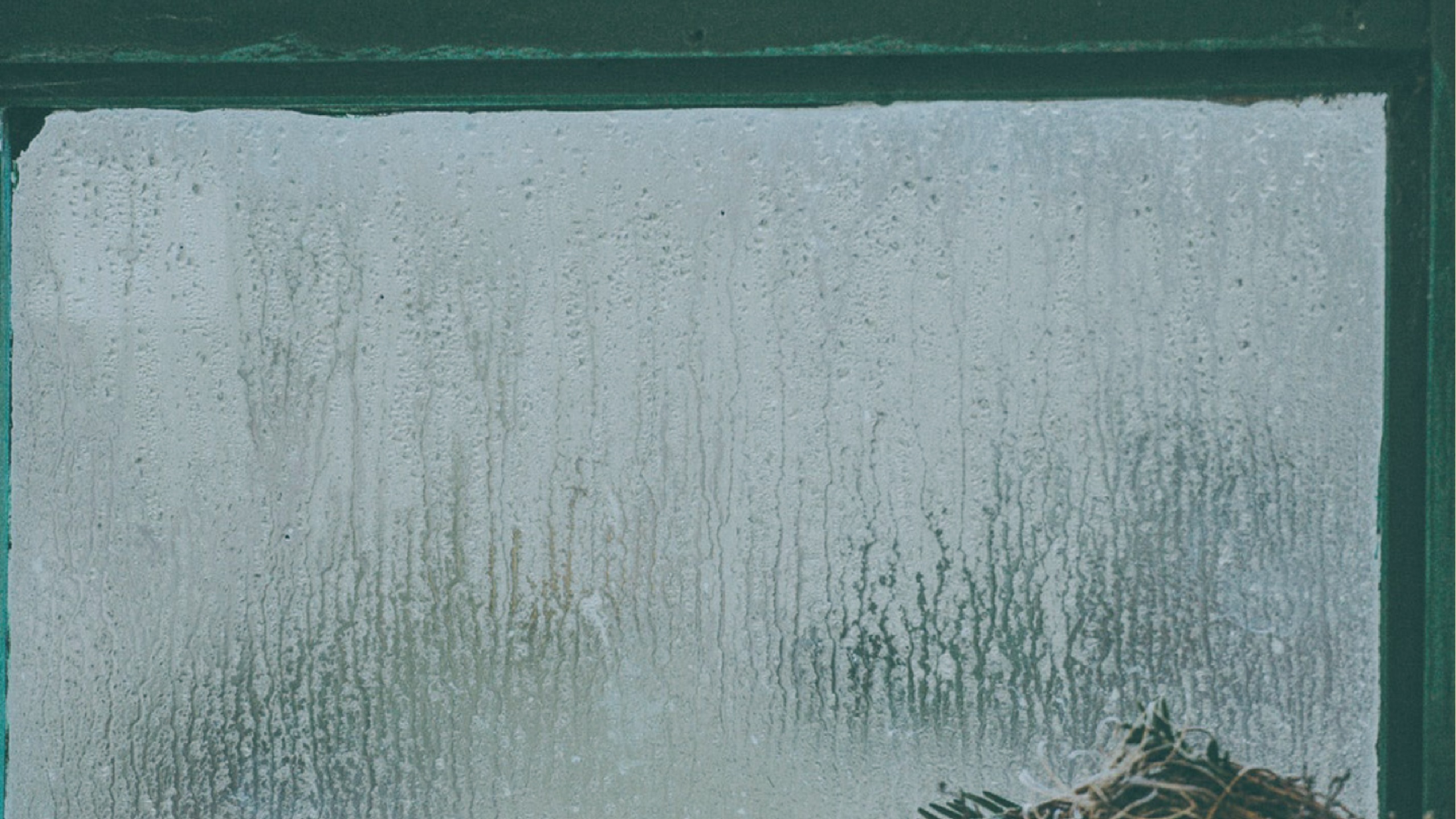The spring is near. It’s a wonderful time of the year with trees in blossom, birds joyfully chirping in a serene sky, and the earth waking up from a long slumber. The beginning of the season, however, may bring one very unpleasant trouble for homeowners: basement flooding. The truth is that any basement will have water at one time or another since it’s located below the ground level. So, the real task is to avoid as much damage to the basement from water as possible. Here are a few basic steps you can take to keep the lowest room in your house dry.
1. Keep your downspouts and eavestroughs clean
The first thing you need to do in order to avoid basement flooding is to ensure that your eavestroughs and downspouts have no fallen leaves, twigs, and other debris inside. If they do, you can expect these issues:
- Water will spill to the ground close to the foundation and soon find its way inside the basement.
- Water will freeze inside a blocked downspout in winter and break apart its seams. Then, it will pour down the walls of your house.
Inspect your property during a heavy rain to ascertain that all your water-diverting aids are working as they should.

2. Discharge water far from your house
It’s recommended to discharge rainwater from 6 to 12 feet away from a house. This is how you can do that:
- Buy and install downspout extensions. One extension 10 feet in length costs around $5. Make sure it’s not a plastic add-on of poor quality as it may soon start to leak. Durable metal extensions are much better. Fix them to the main downspout with sheet metal screws. You can also have folding or swiveling extensions that you can fold up in dry weather. That way, no one will trip over them.
- Install underground PVC pipes and divert rain water to your back or front yard.
When using either downspout extensions or PVC pipes, avoid the following:
- discharging water to nearby properties
- discharging water to sidewalks
- discharging water into the communal sewerage (otherwise more water will return to your basement)

3. Make the basement walls flawless
There can be many crevices on the walls of the basement due to the high load of the structure above. They may start leaking and cause basement flooding when the ground water exerts too much pressure on them. So, inspect the walls and fill the cracks with a good sealant such as epoxy. Call professionals when you see that the problem is too serious for you to deal with alone.

4. Have sump pumps to prevent basement flooding
There are several varieties of a sump pump:
- Standard sump pump. Drawback: without electricity supply it stops running.
- Sump pump with UPS. It’s better than the standard version as it can keep running from the battery for up to 10 hours.
- Water-powered sump pump. It operates by taking the water pressure coming from the municipal water system (not from well pump). So, it almost never stops.
What makes a good sump pump?
- A durable casing.
- Backup power supply (120V). That’s because electricity is most often cut during rain storms.
5. Follow certain household rules
Leaking plumbing may also explain water in your basement. To that end, your family can follow simple household rules including these:
- Avoid pouring oils and greases into the pipes. That’s because those substances will become solid when flowing through the plumbing system and block the pipes.
- Use water as little as possible when it’s raining heavily. That way you will decrease the risk of flooding as low water consumption minimizes the load on the sewer system. So, wait until the rain subsides and then turn on your washing machine.
- Label the water-main shutoff valve. Professional plumbers recommend that your family members should know where this valve is located and how to operate it. Shutting this valve will cut the water supply when there is a serious threat.

6. Install a dehumidifier
The basement is the dampest place in a house. In summer, the outdoor humidity is at the maximum. It accumulates on the walls of the foundation and makes them moist. That’s why you need a dehumidifier to dry the air in the basement. We recommend that you should purchase a high-quality appliance (with a capacity of around 70 pints per day). Keep it working from mid-spring until mid-fall.

Those are just a few basic and inexpensive ways to avoid a disaster. You may also look up more effective but costly methods of basement flooding prevention here.





